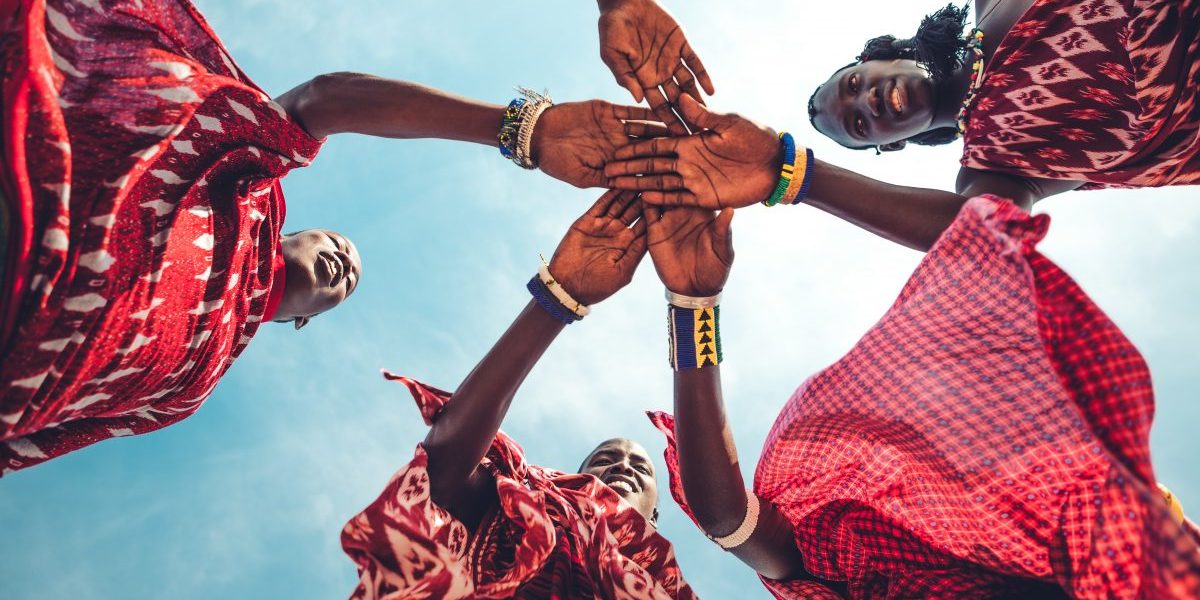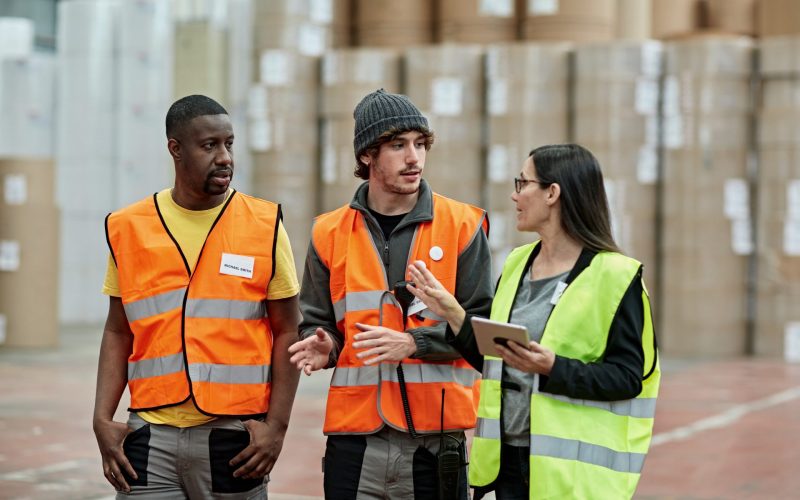This report takes stock of these processes around the continent, especially in the run-up to the UN’s High Level Political Forum in July 2019, but also looks beyond this important event. It highlights the positive investments and innovations in Africa to monitor SDG16 and related ‘SDG16+’ targets across other goals, and explores some of the key challenges to their realisation. After all, Africa was at the forefront of pushing for SDG16 to be a stand-alone goal, and this report indicates that Africa is, on the whole, leading by example.
The report has many excellent examples of African best practice. Kenya has linked achievement of SDG 16 to senior officials’ performance appraisal process, and in Ghana and Benin, budgetary allocations to activities with a high SDG16 impact are prioritised. Collecting data is one thing; using data effectively to guide policy is more difficult.
An area where most countries are lagging is in making governance data publicly and easily available, which reduces transparency. The Liberia Peacebuilding Office trains officials on how to use and apply statistics in their work, and Uganda has employed statisticians in SDG16-related ministries and agencies to foster a ‘data culture’.
Key Findings
- Despite being seen as beset by governance shortcomings, African countries are among the most committed and innovative when it comes to implementing and monitoring SDG16.
- African National Statistical offices, through the Strategy for the Harmonisation of Statistics in Africa (SHaSA), has successfully piloted the collection and analysis of key statistics for governance in a cost-effective manner.
- Efforts to adapt global SDG 16 targets and indicators to the national context are growing, but several countries have yet to make SDG 16 truly resonate at home.
- SDG16 has boosted efforts to achieve data sovereignty in the new domains of governance and peace statistics in Africa, but there needs to be more investment to help produce SDG16 data.
- Nationally representative surveys on governance and peace should be rolled out on a regular basis, drawing experience from several African countries that have done so before.
- Civil society could be involved in more meaningful ways in helping to monitor SDG16.
- The big challenge goes beyond data collection; it is about designing and implementing policies to address the deficiencies that the data reflect.







